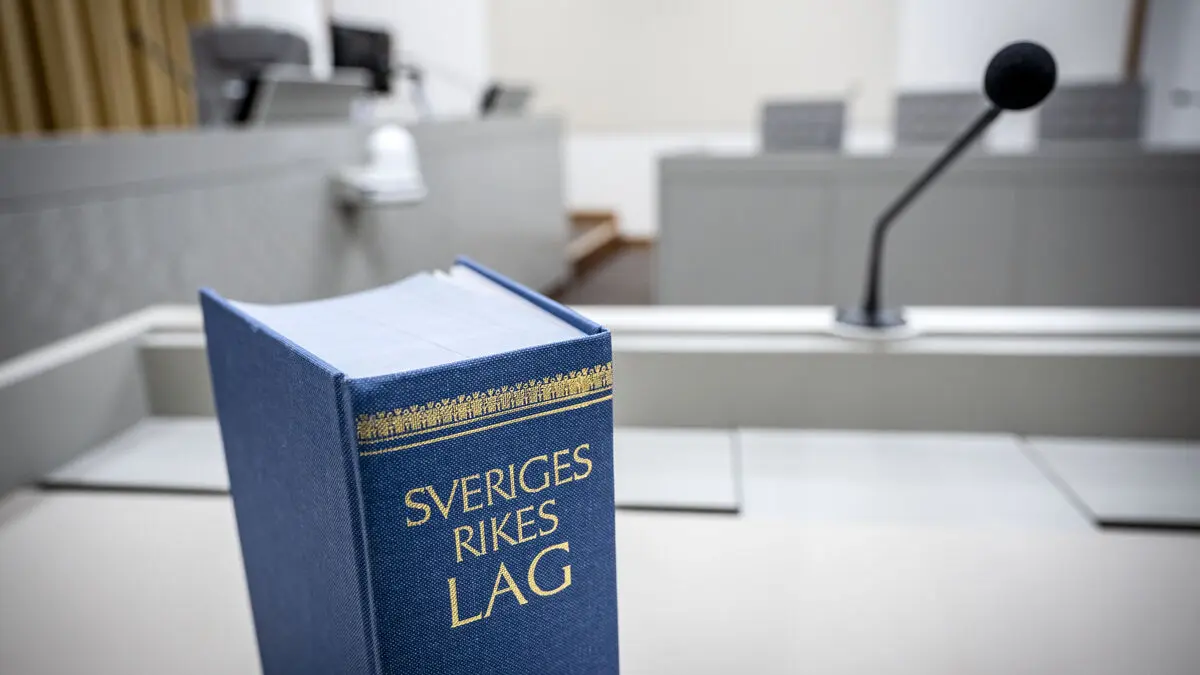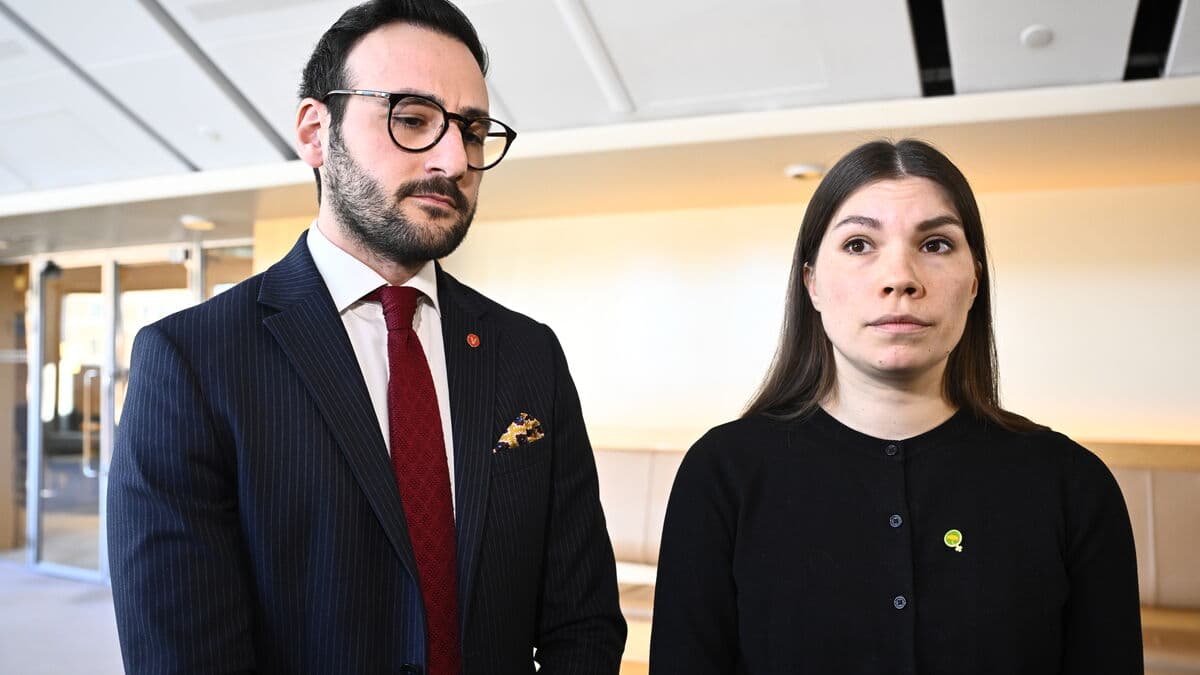More and more people are choosing to salary exchange, i.e., swap part of their salary for a pension.
But not everyone benefits from it. One in ten who salary exchange today – loses out.
Salary exchange means that employees have part of their gross salary set aside as occupational pension, instead of receiving it as salary.
And after the government chose not to raise the threshold for national income tax for 2024, more people have had the opportunity to salary exchange. Since salary exchange is only beneficial for those earning more than the threshold, at around 51 000 kronor per month.
The Ministry of Finance's assessment is that around 120,000 more people will pay national income tax this year compared to last year, says Dan Adolphson Björck, pension economist at the pension website Min Pension.
But not everyone is entitled to salary exchange through their employer.
Falling interest rates have also contributed to more people wanting to start salary exchanging.
Affects the Pension
There is no statistics on how many people salary exchange in Sweden, according to Dan Adolphson Björck. But at Min Pension, there are nearly 125,000 pension savers with salary exchange registered. And 400-700 people are added every week.
We have seen a great deal of interest in the last six months. But unfortunately, some people get lost in this.
According to figures from Min Pension, one in ten salary exchange despite having too low an income. And this negatively affects the state pension, among other things.
If you reduce your income through salary exchange, you also reduce your pensionable income for the state pension.
The compensation from the Social Insurance Agency in the event of illness or parental leave is also affected. And Dan Adolphson Björck believes that the responsibility for ensuring this does not happen lies with employers.
They must have a well-thought-out policy that does not invite employees to engage in financially harmful behaviour.
Salary Exchanging Twice
Age can also have a negative impact if you salary exchange. At least for those born in the 1950s. Since the employer's contribution, decreases for the employer the year you turn 66.
Pension costs then become higher for the employer than paying out a salary. So, it's not profitable to salary exchange to boost your pension.
There are also those who salary exchange in two places. According to Min Pension, 12 per cent of pension savers both salary exchange in their existing occupational pension and in a separate pension insurance.
You don't always remember the savings you have.
And the downside is that you usually pay higher fees if you have multiple pension insurances.






